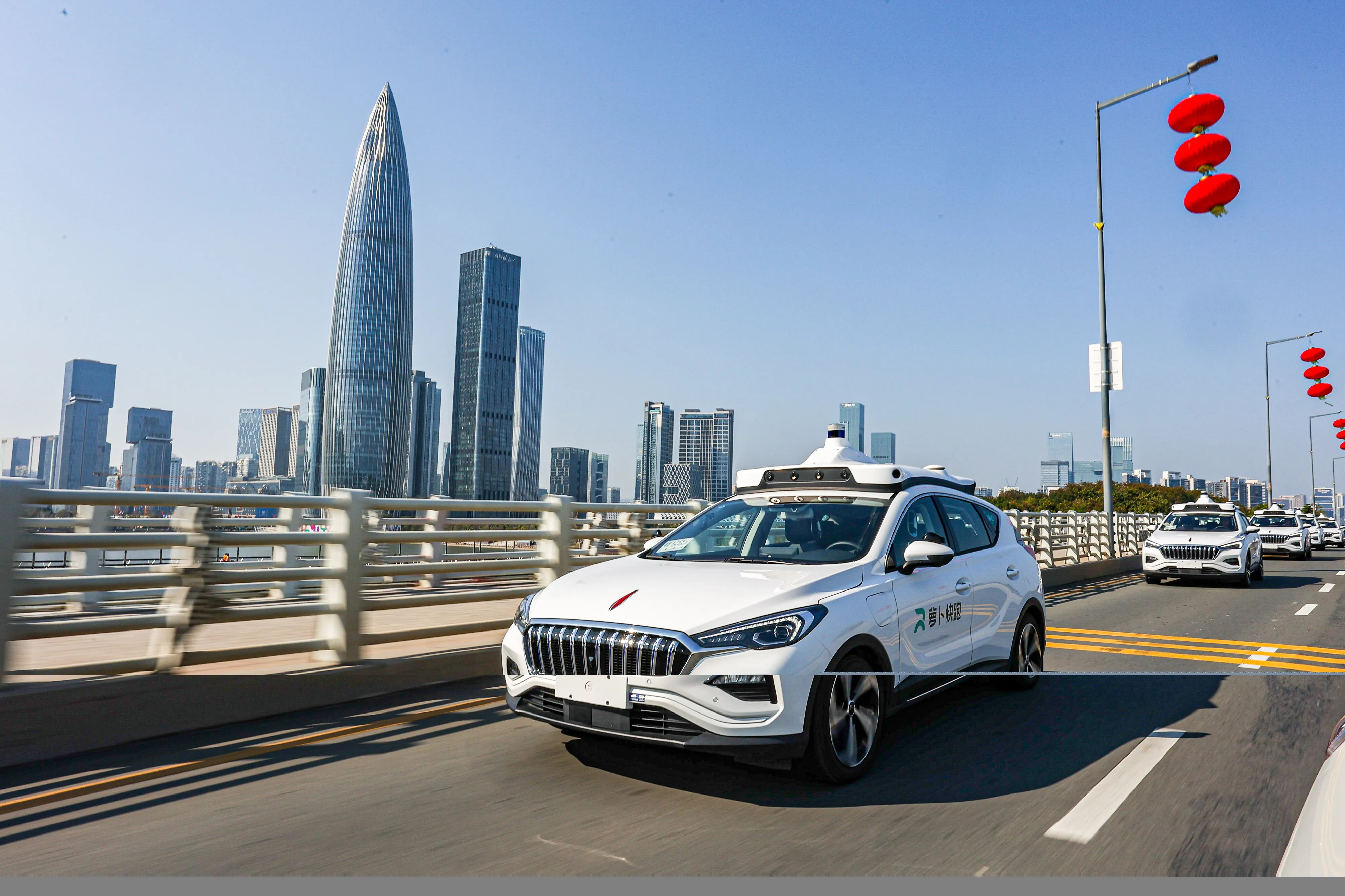José Mujica, President of Uruguay, BYD, CTS and Buquebus officials have signed a contract to begin bringing electric buses into Uruguay. The BYD GreenCity buses that CTS and Buquebus are purchasing are able to run 250 km (155 miles) on a single charge in urban conditions, with an energy consumption of less than 130 kWh per 100 km. The core technology of the BYD electric buses is the company’s self-developed Iron-Phosphate battery technology boasting the highest safety, longest service life and most environm
July 20, 2012
Read time: 2 mins
José Mujica, President of Uruguay, 5445 BYD, CTS and Buquebus officials have signed a contract to begin bringing electric buses into Uruguay.
The BYD GreenCity buses that CTS and Buquebus are purchasing are able to run 250 km (155 miles) on a single charge in urban conditions, with an energy consumption of less than 130 kWh per 100 km. The core technology of the BYD electric buses is the company’s self-developed Iron-Phosphate battery technology boasting the highest safety, longest service life and most environmentally-friendly rechargeable chemistry. The Chinese-made BYD buses have been in service in four cities including Shenzhen, Changsha, Shaoguan and Xi’an, accumulating over 5.6 million kilometers (3.4 million miles) by the end of April 2012. The first BYD electric buses will arrive in Uruguay before end of 2012 with targets to have over 500 buses running on roads by 2015.
"I am very pleased that Uruguay will have this environmental-friendly bus and new technology. I am looking forward to seeing electric vehicle technology in this country as we are very devoted to the protection of the environment," said President Mujica.
Juan Carlos Lopez Mena, president of Buquebus, Uruguay’s largest tourism company, said, "I am ready to invest heavily in a natural Uruguay – I will replace my whole tourism bus fleet with new energy buses."
The BYD GreenCity buses that CTS and Buquebus are purchasing are able to run 250 km (155 miles) on a single charge in urban conditions, with an energy consumption of less than 130 kWh per 100 km. The core technology of the BYD electric buses is the company’s self-developed Iron-Phosphate battery technology boasting the highest safety, longest service life and most environmentally-friendly rechargeable chemistry. The Chinese-made BYD buses have been in service in four cities including Shenzhen, Changsha, Shaoguan and Xi’an, accumulating over 5.6 million kilometers (3.4 million miles) by the end of April 2012. The first BYD electric buses will arrive in Uruguay before end of 2012 with targets to have over 500 buses running on roads by 2015.
"I am very pleased that Uruguay will have this environmental-friendly bus and new technology. I am looking forward to seeing electric vehicle technology in this country as we are very devoted to the protection of the environment," said President Mujica.
Juan Carlos Lopez Mena, president of Buquebus, Uruguay’s largest tourism company, said, "I am ready to invest heavily in a natural Uruguay – I will replace my whole tourism bus fleet with new energy buses."









